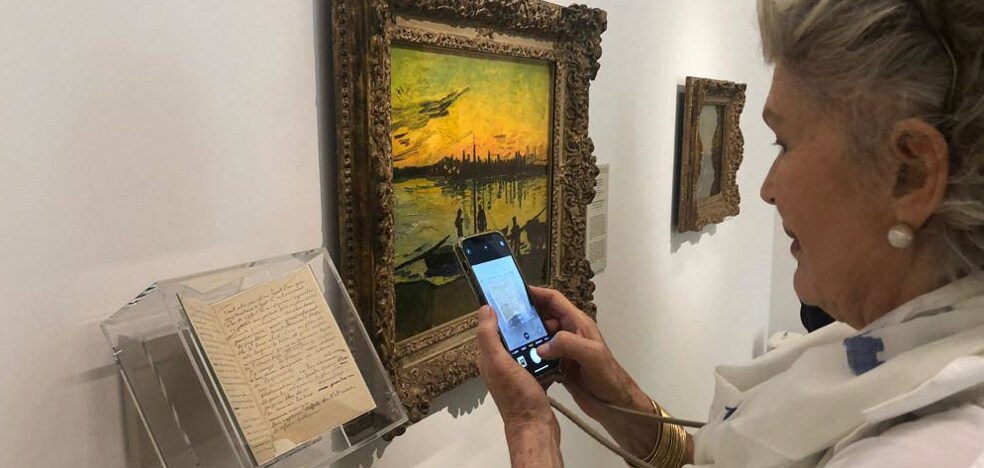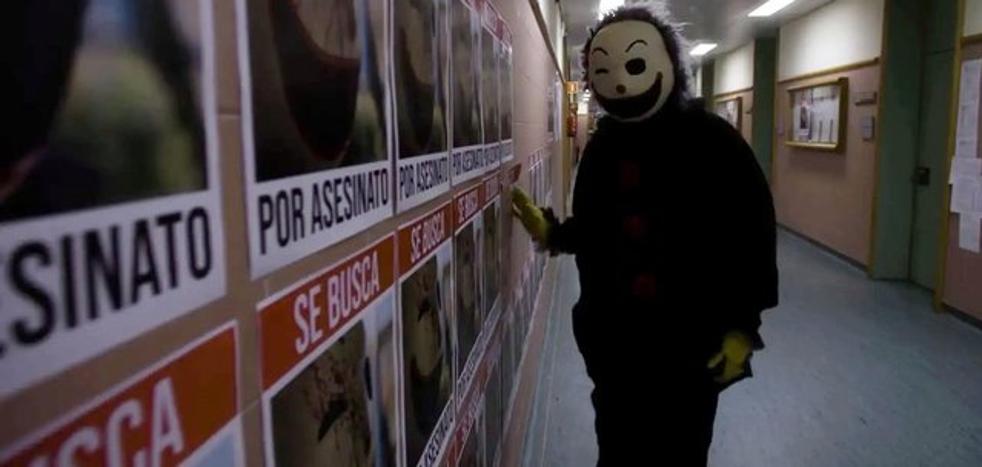The winner of the Goya with ‘Las Niñas’ aspires to the Golden Shell with ‘La Maternal’, a drama written from the experiences of pregnant minors in a reception center
Pilar Palomero (Zaragoza, 1980) drew from the girls’ real experiences in a shelter in Barcelona the dramatic material she needed for her second feature film. The main character, played by Carla Quílez, who found the director on Instagram, is a furious girl who lives in a town in Los Monegros. The daughter of a young mother who pays little attention to her becomes pregnant at the age of 14 and ends up in her situation with other teenagers in a center in Barcelona. Some of them appear in the author’s second film of ‘Las Niñas’, winner of four Goyas last year, although Palomero makes it clear that ‘La Maternal’, which hits theaters on November 18, is pure fiction.
Does the Mother exist?
-Yes and no. It is based in a residential center for teenage mothers in Barcelona, where I live. It’s called Antaviana Maternal Residence and Karol, the educator in the film, works downtown. They helped us a lot.
-What caught the girls’ attention when you treated them?
– They were the reason I wanted to make the film. I had already documented myself to see if I felt capable of writing the script, but the main motivation came when I discovered his enthusiasm. I called them and they all wanted to tell their story, they wanted this movie to be made. I fell in love with their way of being and dealing with problems after the extreme experiences they went through. They gave me the desire to explain how they had experienced their motherhood so early, at 16, 14 years old. They were all very aware of the wound of social judgment, of the people, the family, the friends. They wanted this reality to be known.
-These girls not only arrived pregnant, but also had various problems: assault, sexual abuse, eating disorders, suicide attempts, drugs…
-Every experience is unique, every girl has very hard stories. It is a residential center for people in a situation of vulnerability, of social exclusion. They have big problems with their families, their partners… I’ve heard very hard stories of all kinds. But they have given me the strength they have transferred, the resilience, the ability to overcome and move on from what has touched them. Unfortunately, we are conditioned by social inequality.
-One of the protagonists confirms that she wants the child so as not to be alone.
I’ve heard it more than once. It happens very often, minors who need that love and find it in the child they are about to have. It’s beautiful and very painful at the same time.
We might think that none of these minors desire to be a mother, no one wants a child.
-Each case is unique, but no one wants to be a mother in adolescence. The problem, as happens to the main character, is that when they find out they are pregnant, they can no longer abort because more than three months have passed. I think it has a lot to do with the lack of sex education, with the knowledge of your own body. These are very important issues and we need to think about them as a society. This film is not about motherhood, about a girl who has a child and how she takes care of it, but about a teenager who also has to become a mother. They are two antagonistic vital moments.
– Do you think it is incompatible to be a mother and a teenager?
– I talked about it with the educator at the center. You see a teenage girl yelling at her baby and you think she’s a bad mother. No, she’s a teenager, who yells at her mother too. You experience a moment in which your personality is being formed and in which you are very absorbed in yourself. Motherhood is the opposite: give, give and give. It makes sense that a teenager isn’t willing to be a mother, if a thirty-year-old woman isn’t… That doesn’t mean she can’t be. The five protagonist girls are five madrassas, but they are aware that they had to become mothers at a time when they did not want to.
– So they interpret themselves?
-Not at all. Their experiences are there, but in the movie they have been actresses. They have done an impressive job.
-‘La Maternal’ is not a documentary.
-No. We repeated the shots over and over. And these girls amazed me with their naturalness.
-It reflects the urban culture of a current teenager, in which the mobile is ubiquitous.
-Yes. I saw him at the casting and rehearsals. We have to assume that the mobile is already part of everything. It is not so much a criticism, but a proposal for reflection. The movie starts by watching a porn movie on the mobile. It’s not about censoring them, it’s about educating them. At the most, in my day we saw Canal Plus coded porn, such as that in ‘Las Niñas’, or the cover of a magazine in the newsstand. Now there is some very brutal content that requires an emotional education to understand what you are seeing.
Source: La Verdad
I’m Wayne Wickman, a professional journalist and author for Today Times Live. My specialty is covering global news and current events, offering readers a unique perspective on the world’s most pressing issues. I’m passionate about storytelling and helping people stay informed on the goings-on of our planet.



